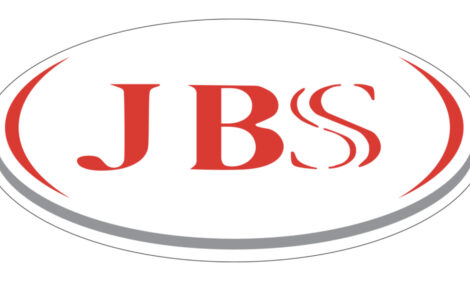



Will Live Export Ban Create Or Stifle Jobs?
AUSTRALIA - Earlier this year, undercover footage of Indonesian slaughter houses caused a public outcry. Today, a senate inquiry into animal welfare standards in Australia's live exports is taking place in Broome.Last week, two bills that would have meant an end to Australia's livestock trade were opposed. Despite this, MPs and Senators will continue to debate new restrictions that if imposed would prevent Australian animals from being exported to any country unless it could be guaranteed that they would be stunned before slaughter.
Today's inquiry, however, looks at welfare standards of Australia's live exports.
Supporting a ban on live exports
Senators will hear from Australia's processing industry, and animal welfare groups who furiously oppose the live export trade.
Australian processed meat exporter, V&V Walsh’s, told the Senate Inquiry about the negative impact of live export on rural jobs and economic growth, and how a transition to local processing for export could provide employment and stability across the livestock industry supply chain.
Peter Cody, plant manager at Australian processed meat exporter V&V Walsh’s, said: “There’s been a lot of talk in the media about financial and job losses if live exports wind down. The irony is that live export is actually stifling growth and job opportunities in rural areas where we could be processing and value adding across the supply chain.”
Campaigns Manager at WSPA said: “Over 170,000 of WSPA’s supporters and the Australian meat processing industry call on the Government to recognise the golden opportunity they have to make some meaningful progress in this ongoing catastrophe; shift Labor Party policy away from unquestioning support of live export and put a framework in place to replace live exports with a locally processed chilled meat export trade.”
Lee Norris, an industrial officer with the Australasian Meat Industry Employees Union, told the hearing that the Heilbron report, an independent report funded by the processing sector, had found that lost opportunities to process cattle within Australia cost the nation 10,500 jobs.
Live export ban will cripple industry
On the other side of the argument is the live export industry. Terry Redman, Minister for Agriculture and Food said live export trade was worth up to A$600million annually to Western Australia and generated thousands of jobs, including vital Aboriginal employment and skills programmes.
The Minister said Australia was the world’s number one livestock exporting nation and the only one investing financially in animal welfare improvements at end markets.
“I think that speaks volumes about our commitment to animal welfare, our commitment to the future of the industry, and our determination to work in partnership with our valued trading partners such as Indonesia”, he said.
Following undercover footage, showing Australian cattle tortured at slaughter in Indonesia, the Ministry of Agriculture suspended the export of live animals in June 2011. Minister Redman told the Committee how this ban had brought the northern cattle industry to its knees. Although only a temporary ban, many in the industry are still suffering, as the industry lost 30 per cent of its trade.
Speakers at today’s hearing will include Steve Meerwald, managing director of Australia’s largest live exporting company Wellard Rural Exports, producers from the Kimberley and Pilbara regions, representatives of rural transport and helicopter mustering companies and north western Australian local government officials.
The hearing will continue tomorrow, hearing from more producers and businesses reliant on the trade.
Further Reading
|
| - | Go to our previous news item on this story by clicking here. |
TheCattleSite News Desk


